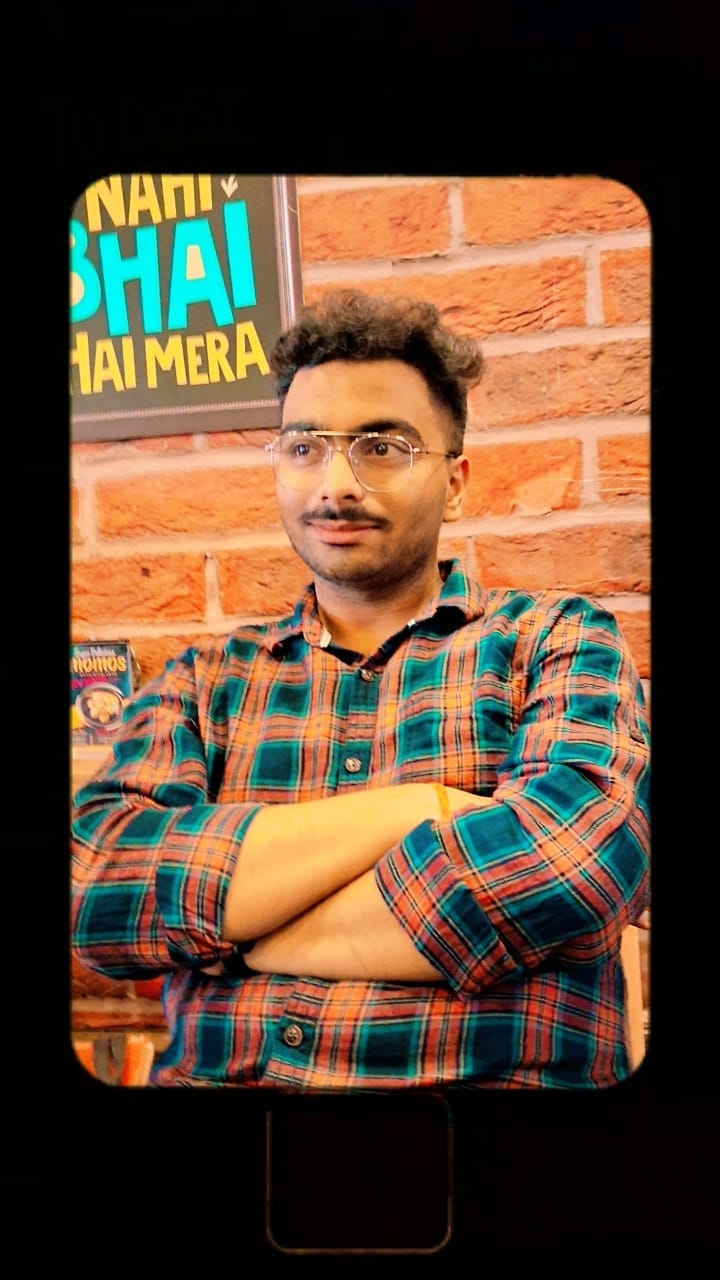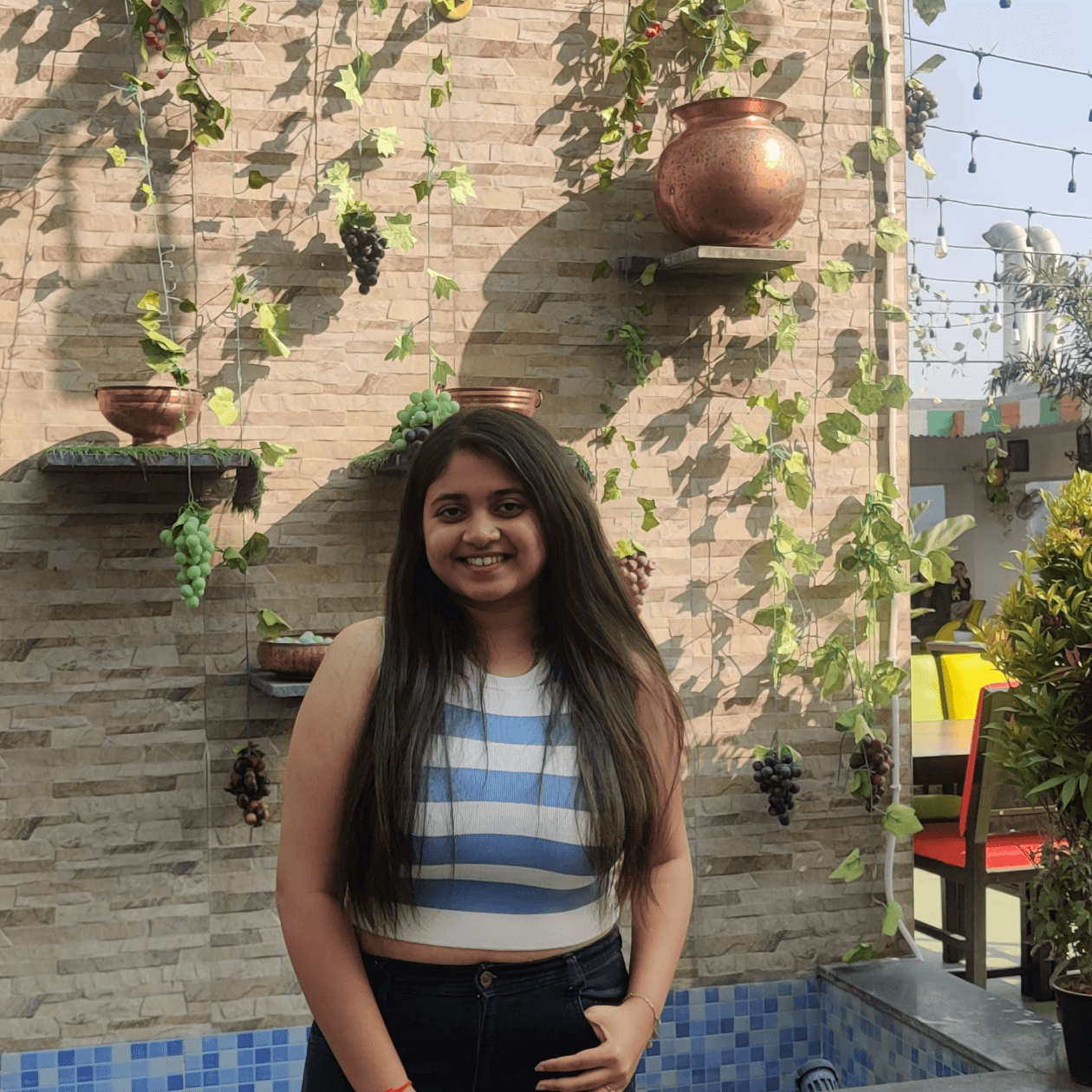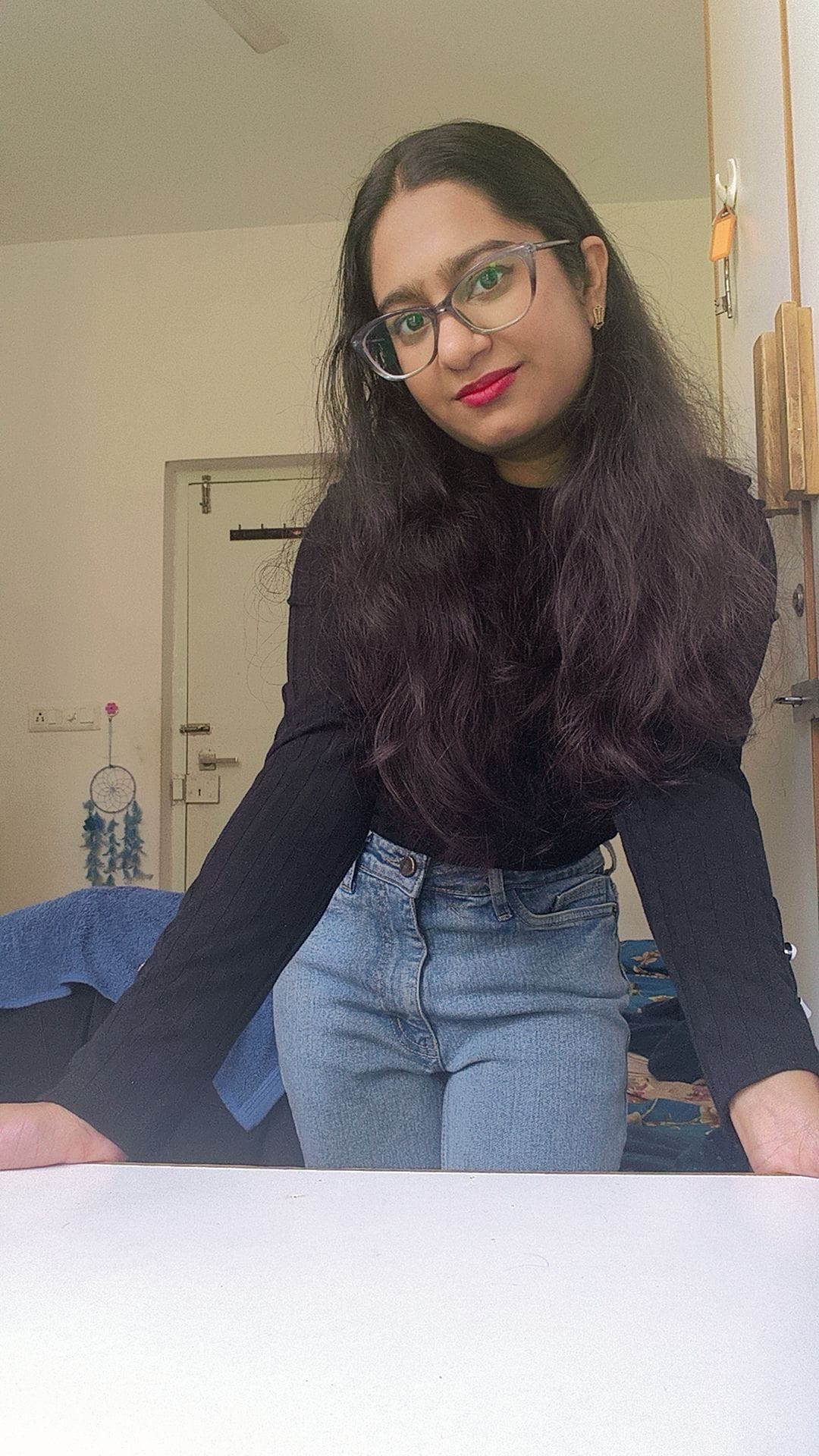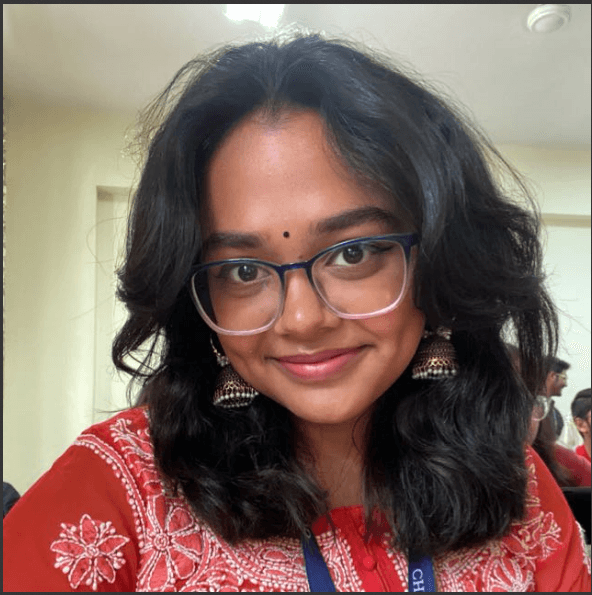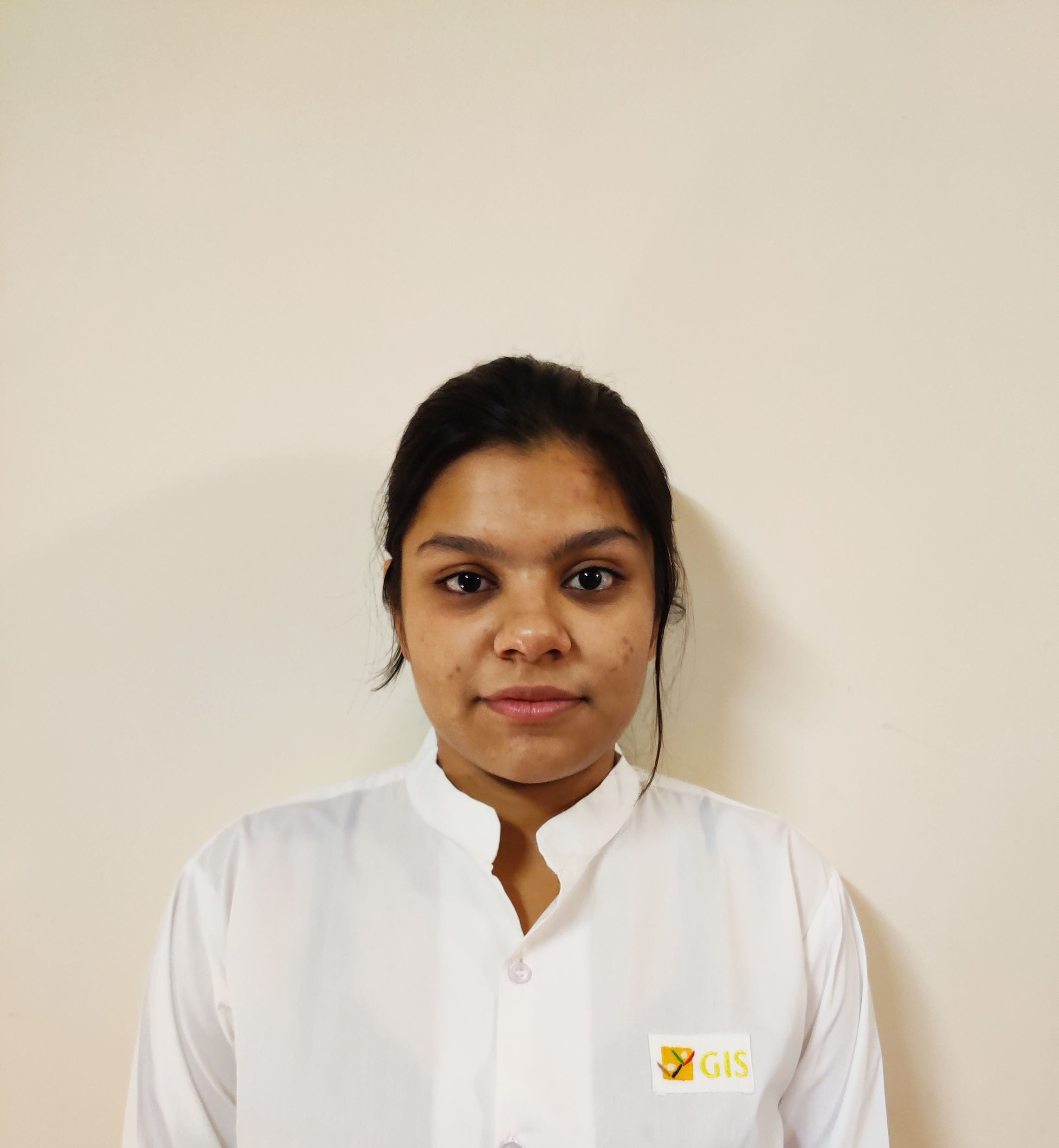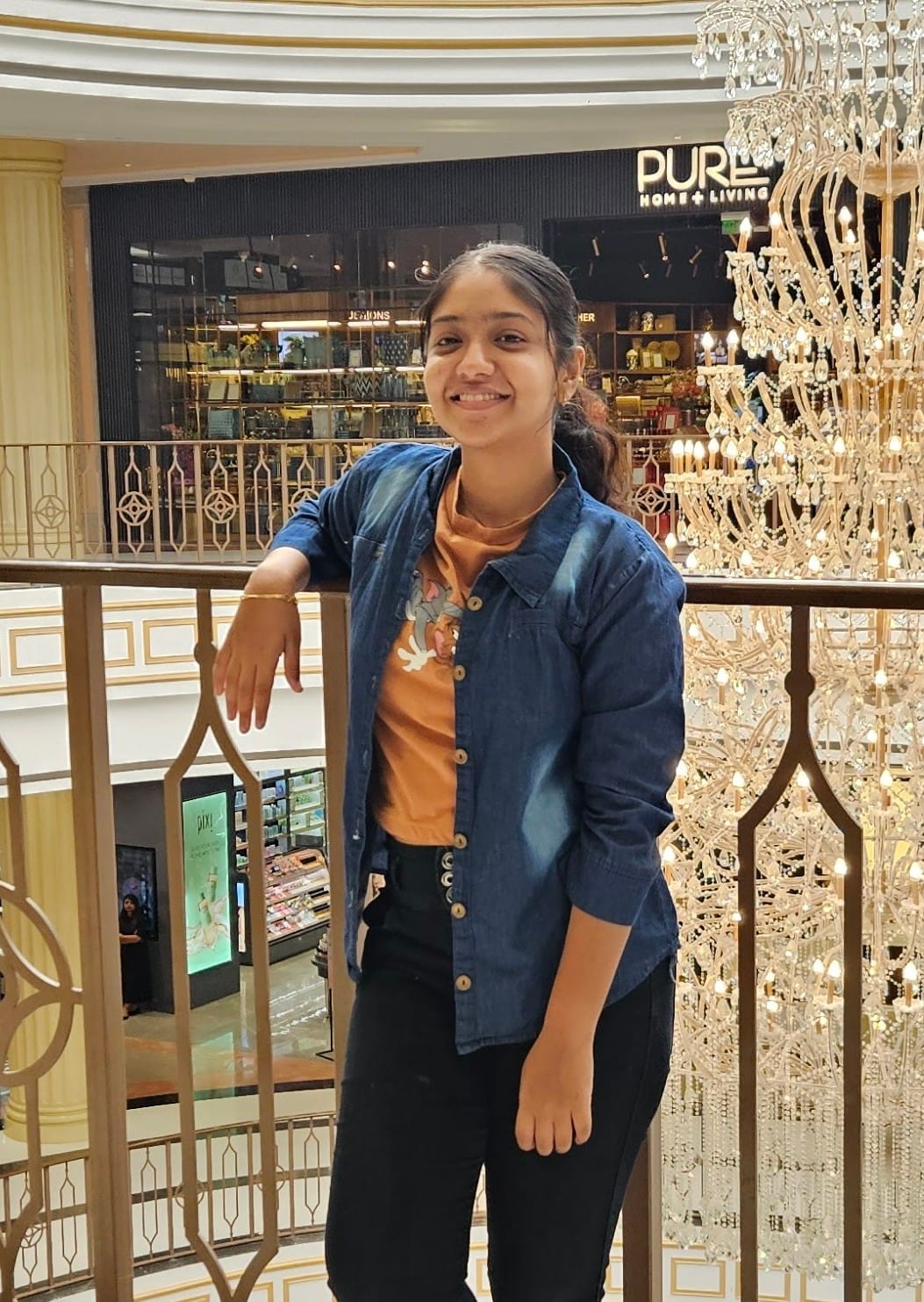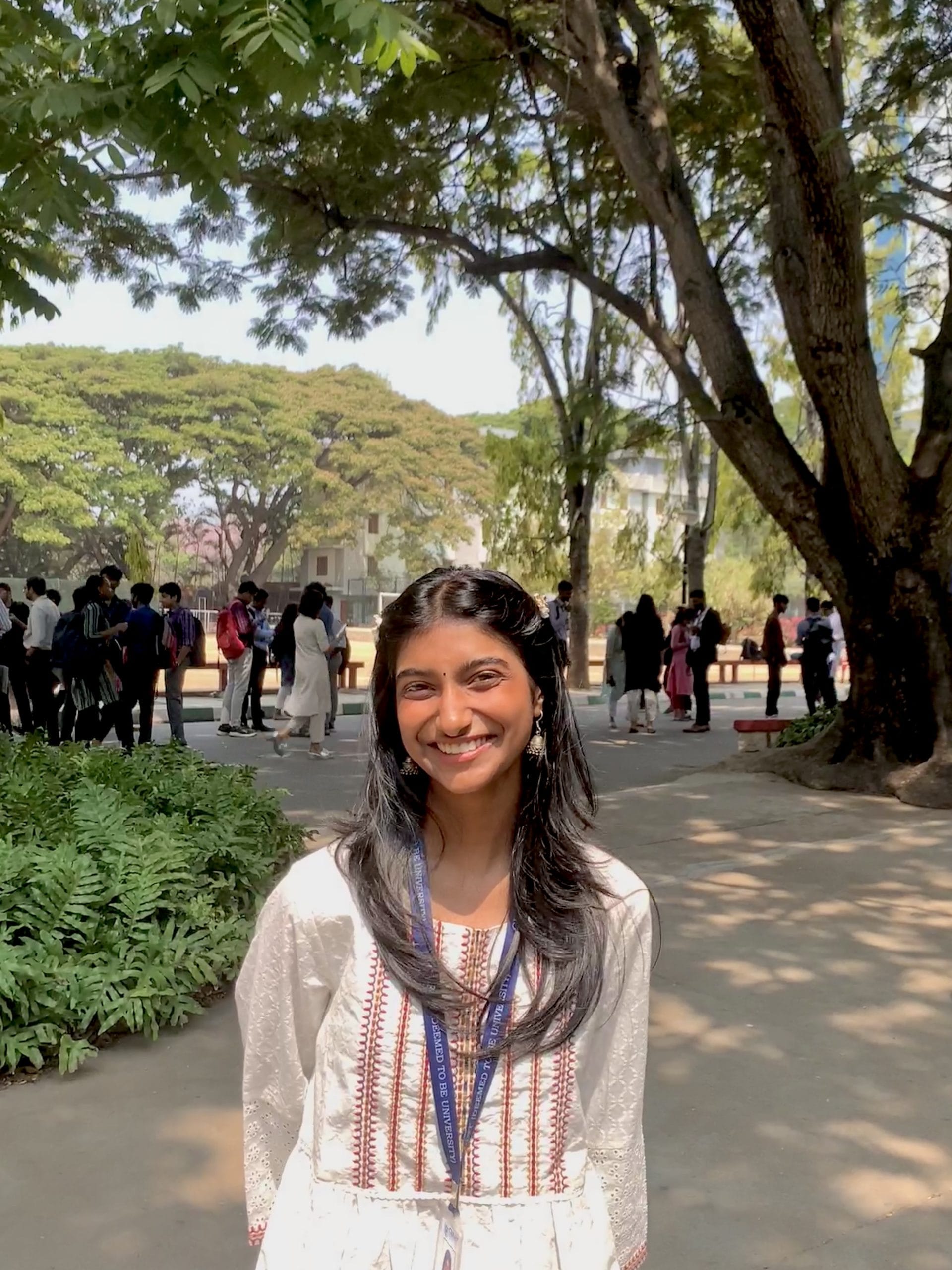Healing the Hidden Wounds: Addressing Trauma Among Indian Armed Forces Veterans
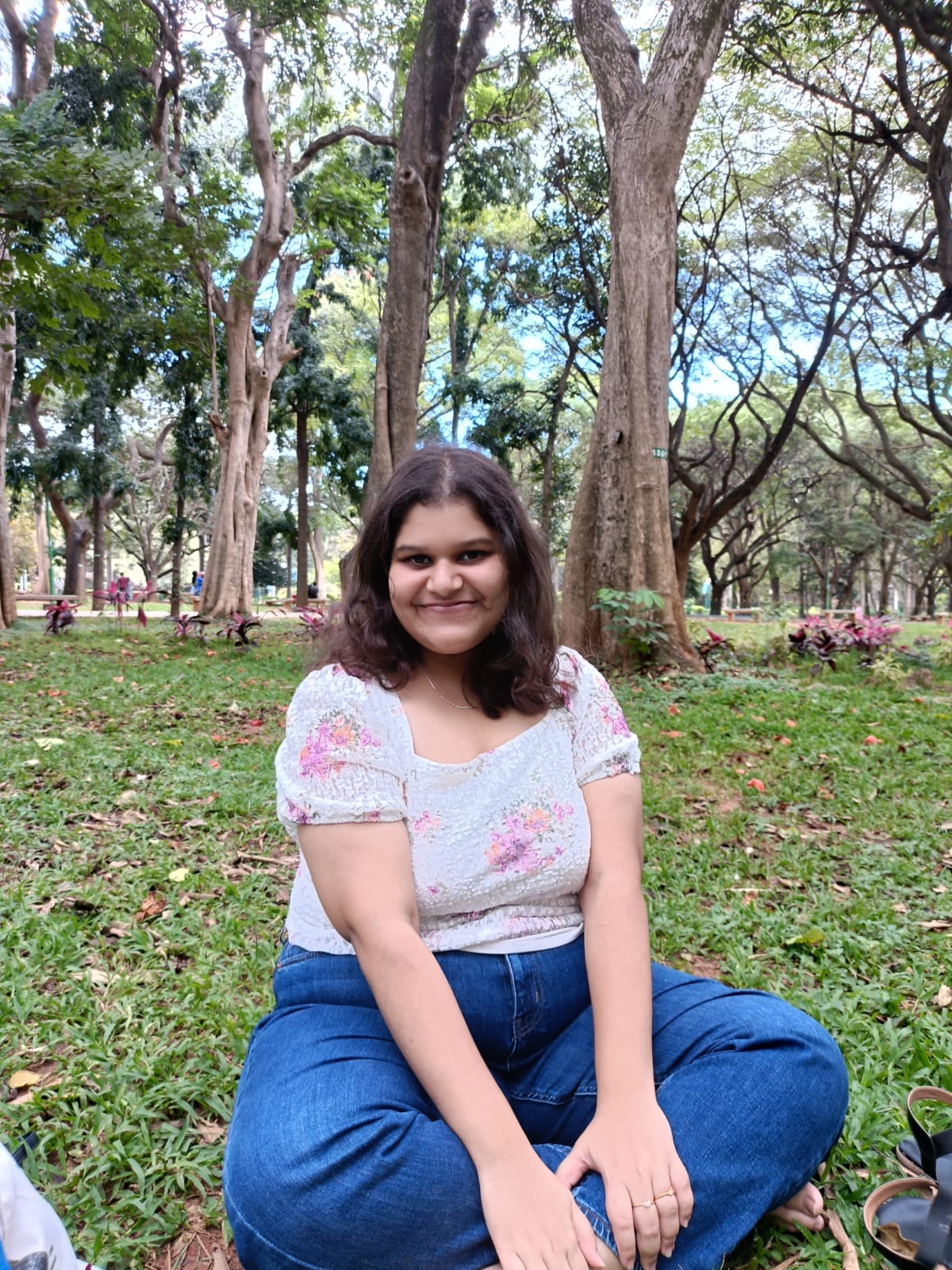
Akanksha Nandagiri
April 15 , 2024

Post Traumatic Stress Disorder (PTSD) is something which is known but often not discussed as it’s ‘shame and scandal’ in the family. PTSD has been brought to the centre of focus by Hollywood and Western Electronic media.
PTSD is a silent battle that many Indian Armed Forces veterans fight long after they return from the frontlines. While they may have physically left the battlefield, the memories, trauma, and psychological scars linger, often manifesting in debilitating ways. Addressing PTSD among Indian Armed Forces veterans is not just a matter of mental health; it's a moral obligation to those who have sacrificed their well-being for the nation's safety and security.
Understanding Ptsd in Indian Armed Forces Context
PTSD is a mental health condition triggered by experiencing or witnessing a traumatic event. For military personnel, exposure to combat, witnessing death or injury, and the constant threat of harm can significantly increase the risk of developing PTSD. In India, where the Armed Forces play a crucial role in safeguarding the nation's borders, the prevalence of PTSD among veterans is a pressing concern.
Challenges Faced by Indian Armed Forces Veterans
1. Stigma: Despite growing awareness, there is still a stigma surrounding mental health issues in India, particularly in the context of the military, where seeking help can be perceived as a sign of weakness.
2. Lack of Awareness: Many veterans may not recognize the symptoms of PTSD or understand that help is available. Additionally, families and communities may lack awareness about PTSD, further hindering support systems.
3. Limited Access to Mental Health Services: Even when veterans are willing to seek help, access to mental health services can be limited, especially in rural areas where many veterans reside.
4. Cultural Factors: Cultural norms and expectations regarding masculinity and emotional expression can discourage veterans from seeking help or opening up about their struggles.
In the Indian context, the trauma of the Partition of India in August 1947 into West Pakistan, India and East Pakistan led to one of the largest genocides post the Second World War. While the Indian population was settling down, in 1948, Pakistan launched a covert operation to capture the state of Jammu and Kashmir. The civil population was the target of the Jihadis / Pakistan Army.
1962 Indo – China conflict saw the Indian Army fighting the last man, the last bullet stands, with very few survivors. The sixties and seventies saw religious and communal riots, at the behest of political parties. Most of North East was up in arms against the Indian State. The early eighties witnessed the brutal killing of the Sikhs and the Bhopal Gas Tragedy.
Kargil war brought the conflict to the living rooms of the nation. This was followed by the riots in Gujarat in 2002 and the suicide attacks in J&K continued to up the ante. The Mumbai Terror attack 26/11once again brought the “terror” to the living rooms in India.

Photo by Gary Meulemans Team on Unsplash
Some Aspects that Could Be Offsetting the Trauma
Chetwode Motto — “The safety, honor and welfare of your country come first, always and every time. The honor, welfare and comfort of the men you command come next. Your own ease, comfort and safety come last, always and every time.” This needs no further explanation.
Training and Battle Inoculation — All ranks are put through collective training regularly and carry out live firing practices for battle inoculation. Units inducting into Counter Insurgency grid, are put through induction training at Corps Battle Schools. On reaching their areas of operations they do joint operations with the unit / sub-unit being relieved thus building up their confidence to deal with the life situations on the ground.
Junior Level Leadership — The bedrock of military leadership is its junior leaders and officers. Junior Commissioned Officers (JCO) and Non-Commissioned Officers (NCO) have always led from the front with the resolute will and determination to overcome the most difficult and dangerous opposition. Kargil War saw many such sacrifices.
Service Support System — The defence services have an integral system to reach out to the families of those killed in action, injured and those who get boarded out on medical grounds. The Wives Welfare Associations of the respective services have done yeoman service in easing the pain of those affected. The Flag Officers too visit the Veterans to address issues. The Army Headquarters has set up a Veterans Directorate with hotlines to insure a quick remedy to the needy.
Joint Family System – This system in our culture and the continued connect within the nuclear families give immense support. In addition, unit/course/arm wise associations exist to care for the veterans and their families not to forget those serving too.
Jai-Jawan — The jawan is the epitome of supreme sacrifice, the rural spirit of the jawan is alive in the village and town chowks where life-size statues are installed to honor all those who have made the supreme sacrifice.
While a system exists to take care of those who have been through trauma; there is a need to address this in a more scientific manner and help those who are affected; especially in the Indian Defence Services.
Religious Factors – Last but not least, the soldier be it from the Army, Air Force or Navy, has strong religious beliefs depending on his choice of faith. The religious teachers on various occasions narrate mythology and quotes from history to motivate the troops to uphold the law of the land is the foremost duty.
If you think you are experiencing symptoms of PTSD, don't stay silent! Get the help you deserve by reaching out to a mental health professional at Heart It Out today.
“Just like there’s always time for pain, there’s always time for healing.” “PTSD is a whole-body tragedy, an integral human event of enormous proportions with massive repercussions.”
Keep Reading
Started reading,
found my glow!
New blogs dropping soon – Sign up!
© EmbraceWell. All rights reserved


